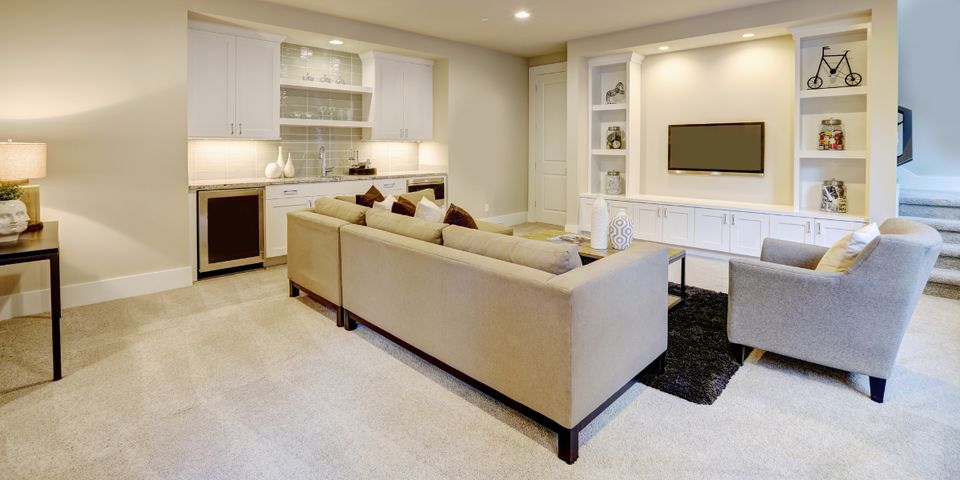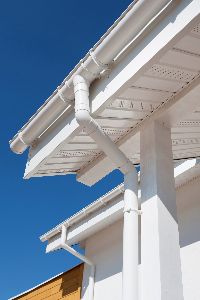3 Ways to Prepare Your Basement for Heavy Rain

Heavy rainfall can take its toll on your home. In particular, it may suffer the effects of a leaky basement if the space isn’t properly waterproofed or the sump pump isn’t in working order. Fortunately, there are several steps that homeowners can take to prepare in advance of inclement weather. Here is what you need to know.
How to Protect Your Basement from Heavy Rainfall
1. Check the Sump Pump
A sump pump is a device submersed in a pit, usually in the basement. When it rains, the soils surrounding your home become heavily saturated with moisture. This excess water travels to the sump pit, which then fills up with water. The sump pump’s float switch is then activated, causing the device to divert the water away from your home to a dry wall or storm drain nearby.
If you don’t have one, ask a waterproofing contractor about installing one in your home. Otherwise, make sure yours is properly maintained by pouring water in the pit to ensure that the float switch works properly. It should activate as water fills the pit, in turn diverting the water through the discharge line.
2. Clean the Gutters

Your gutters play a vital role in preventing a leaky basement. Under normal circumstances, they allow for moisture to flow freely through the channel and out through the downspout. This process allows the rainwater to flow away from your home, protecting it from potential moisture intrusion and damage.
Gutters clogged with leaves and other debris don’t work efficiently, however. This means the rainwater doesn’t have a convenient diversion channel, which in turn causes it to flow along the sides of your home and seep into the foundation. This oversaturation may seep into a basement that isn’t properly waterproofed, causing significant issues like property damage and mold formation. Clean the gutters at least twice a year to prevent buildup.
3. Waterproof the Basement
Waterproofing is among the most effective ways to prevent a leaky basement. Water pressure is the predominant culprit responsible for leaks when it rains. As the soil becomes wetter, this pressure pushes the water into the openings around your home directly into the basement.
Drainage systems are designed to reduce pressure. A drain tile is installed at the point where the wall and floor unite. This is the point where water typically seeps into the basement, and it’s designed to capture it before it can seep onto the floor. The water is then diverted to a sump pump that discharges the water away from your home.
If you’re concerned about a possible leaky basement, turn to the professionals at A Gombos Basement Waterproofing. Proudly serving clients throughout Bethany, CT, these professionals offer everything from sump pump installation to basement waterproofing. Visit the website to learn more about how they will protect your home, or call (203) 530-1129 to request an estimate.
About the Business
Have a question? Ask the experts!
Send your question

